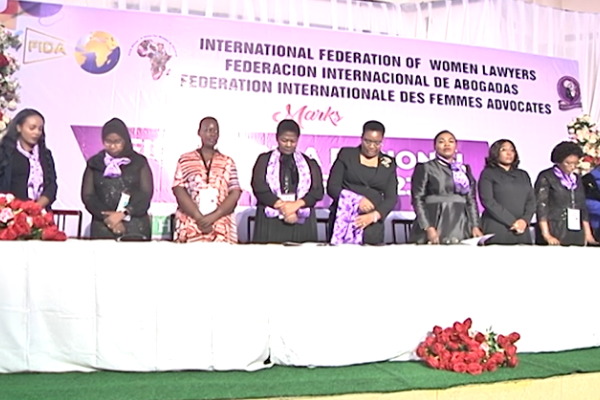The International federation of Women lawyers has held its triennial regional Africa congress in Abuja.
The congress offered the opportunity for FIDA members to converge, interact and exchange information on how to protect the rights of women and advance their course
On July 11, 2003, in Maputo, the capital of Mozambique, the AU Heads of State and Government adopted the Protocol to the African Charter on Human and Peoples’ Rights on the Rights of Women in Africa (the Maputo Protocol)
It defined the rights of women and girls across the continent.
Nigeria ratified this Protocol in 2004 but has failed to domesticate and fully implement its provisions
Read Also
This has continued to pose devastating consequences to the human rights of women and girls in the country.
Nigeria’s failure to domesticate the Protocol has contributed to the deprivation of women and girls’ access to justice when their human rights are violated.
The implications of not domesticating the protocol is far-reaching in a country like Nigeria where patriarchy and all forms of discrimination and violence against women and girls is structurally entrenched in its socio-political and cultural systems.
“The Maputo protocol and women in Africa: digital technology as a vital tool for acceleration”, is the theme for this year FIDA Africa regional congress.
This is to allow female lawyer’s interact and share ideas as the assess the protocols past, present and Future.
To effectively protect the rights of women, the National Gender Policy, which provides 35% Affirmative Action in favour of women, must be enforced at all levels of government and in political parties.





